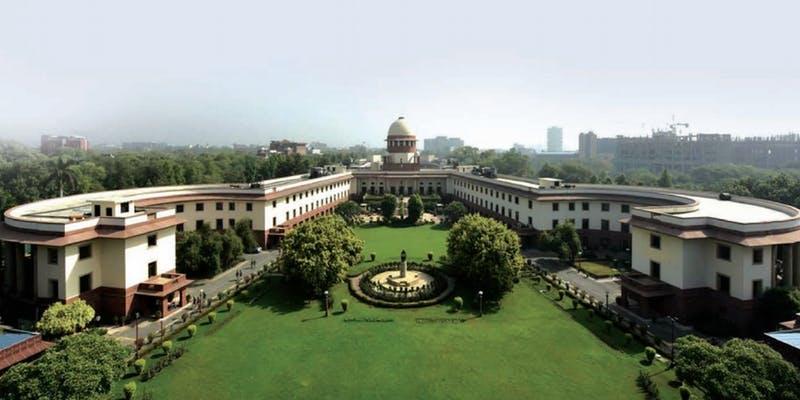Protecting Rights, Addressing Inequality: Writs as Constitutional Transfer

The courts are often a key site of the struggle for the enforcement of rights and accountability. The rise of constitutional adjudication globally is usually framed within the context of the fall of the Berlin Wall and the creation of independent constitutional courts in many parts of the world over the past three decades. This development is held up as a key moment in the globalization of constitutional law. And yet, there have been prior moments in history when key ideas and institutions of constitutional review spread across regions and around the world.
One example is the prerogative writs, a set of common law remedies that were included in post-colonial independence constitutions across former British colonies, particularly across South Asia, as well as parts of Africa, the Pacific and the Caribbean (Crouch 2018). Constitutional writs – the remedies of habeas corpus, certiorari, prohibition, mandamus and quo warranto – are an important remedy both historically and for contemporary modes of administrative adjudication. In the immediate post-colonial era, the constitutional writs were a remedy sought for the protection of rights against the power of the state. While the postcolonial courts in Burma were among the first to develop the constitutional writs in 1948-1949, it is in India that the writs became associated with judicial activism. The writs in constitutional form were also included in places such as Pakistan, Sri Lanka and Bangladesh, among other countries.
This workshop seeks to investigate the history, development and variations of this model of constitutional adjudication, following the transformation from the common law remedies of England to a constitutional means of protecting rights. It will also consider the symbolic status of constitutional writs, how the importance of these remedies has changed over time and under what conditions. This workshop seeks to draw attention to the role of constitutional writs as legal transfer and consider these remedies as the intersection of constitutional and administrative law and rights protection. The constitutional writs have important implications for the protection of rights against the power of the state and for addressing inequality.
Papers in the workshop will consider the following questions:
- To what extent did courts have writ jurisdiction prior to independence from colonial rule (ie under the common law), and how was this power used to protect rights?
- How did the Indian constitution-makers formulate and understand the importance of the constitutional writs and the relationship with the provisions on rights?
- Why did other countries decide to include the constitutional writs in their independence constitutions? Was it part of a strategy of borrowing from the Indian constitutional model more generally? To what extent were specific discussion had over the inclusion of remedies and rights provisions?
- To what extent has the use of the constitutional writs as a remedy for the protection of rights against the state and to address inequality changed over time? Following Anuj (2017), to what extent do the constitutional writs serve the middle class, rather than offering a remedy for the poor against the abuse of power?
- Countries with constitutional provisions on quo warranto continue to grant this remedy, while its use has died out in Western common law jurisdictions. Why is this the case? When is quo warranto as a remedy granted and how in what kinds of cases is it used in today?
This event is sponsored by UNSW Law School and Konrad Adenauer Stiftung.



